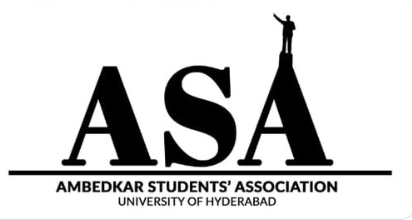
HYDERABAD: The shift to Direct Benefit Transfer (DBT) for SC post-matric scholarships in Telangana is pushing Dalit students into financial distress, delayed reimbursements, and even dropouts, according to the Ambedkar Students’ Association (ASA), University of Hyderabad. Students are now required to pay
their tuition, hostel, and mess fees upfront and wait for government reimbursement, instead of institutions receiving funds directly.
In an open letter to the Chief Minister, ASA called this change a structural setback. “The state has moved the burden of education access from institutions to students, many of whom come from economically vulnerable households,” the letter read. It warned that students are being forced to
take informal loans and juggle academics with debt stress and bureaucratic uncertainty.
Until now, institutions processed fee waivers at admission, with the state reimbursing them directly. ASA argued that this system, though limited, offered a crucial safeguard for SC students who otherwise couldn’t afford higher education. Under the DBT model, delays in payments have reportedly led to unpaid dues, withheld certificates, and heightened dropout risk.
ASA also said the policy contradicts Dr B.R. Ambedkar’s principle that governments must assume financial responsibility for Scheduled Castes through budget provisions. “This move abandons institutional accountability and reduces constitutional protections to bureaucratic discretion,” said ASA president Vennela Mocherla.
The association has demanded immediate withdrawal of the DBT model, reinstatement of institutional disbursement, and creation of a grievance redressal and monitoring system to ensure timely, accountable scholarship payments.

Recent Comments